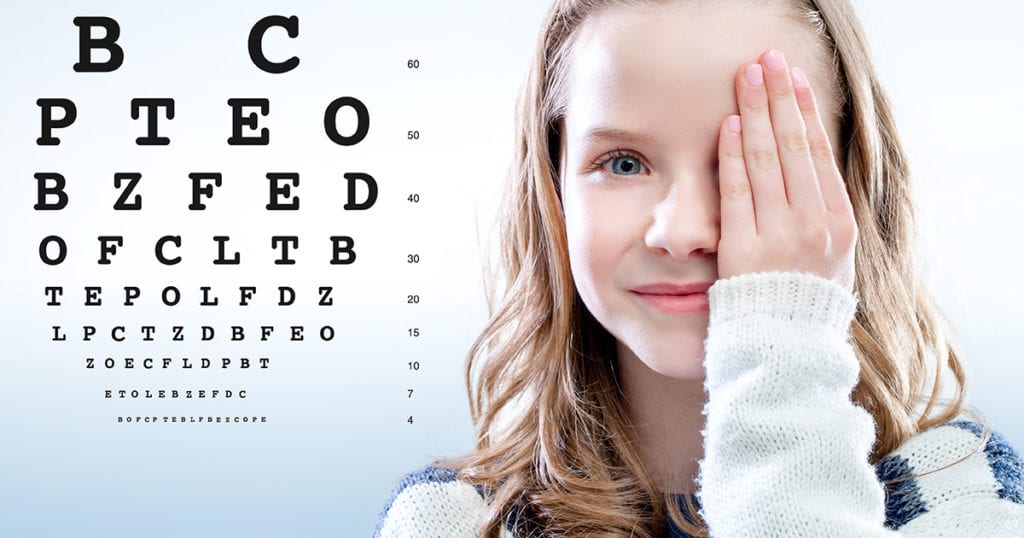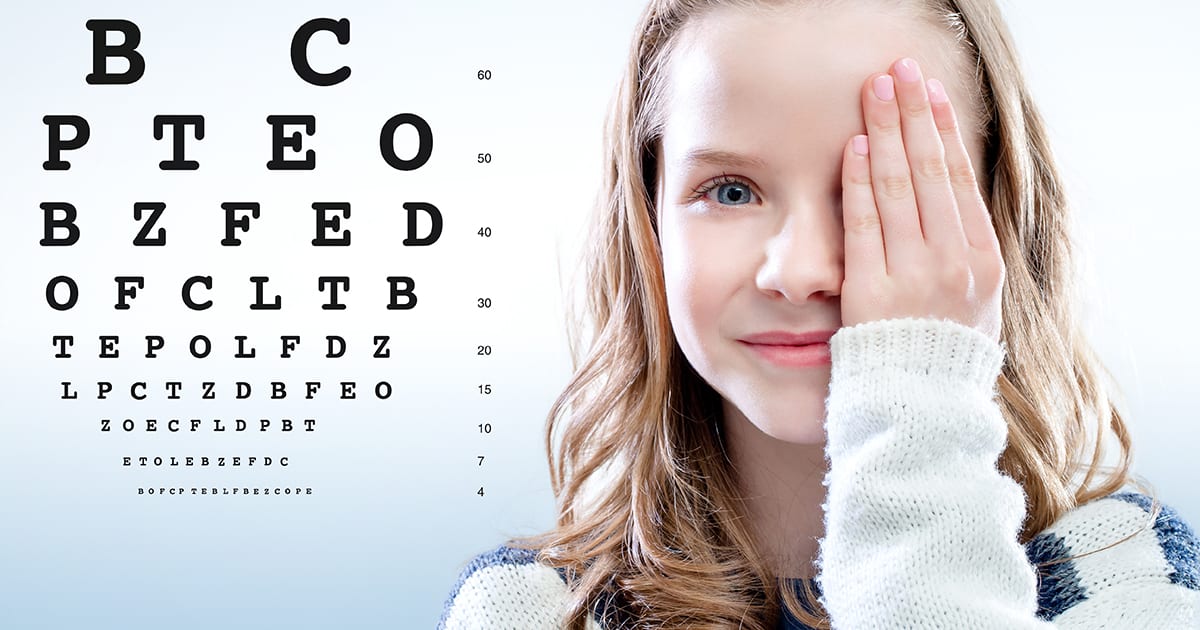
Comprehensive Eye Exams
It’s recommended that one takes a comprehensive eye exam every one or two years, but that depends on many other factors such as the age of the individual, risk factors, or if one is already wearing lenses. Taking an eye exam regularly can help one identify and treat medical conditions in their early stages before they become serious issues. There are certain eye problems that are associated with specific health conditions like diabetes, or aging. Regular eye screening and new age treatments like laser vision correction will help an individual identify such underlying disorders and treat them. One should ensure they always take the best care of their eyes by visiting qualified physicians.
Children
A person’s very first eye exam should be at 6 months of age. A pediatrician usually conducts this examination. He or she will look at the general state of the eyes, whether they are focusing properly and straight ahead or not. If there is any evidence of slight eye disorders, an experienced physician will identify it and take the necessary steps to treat it with methods such as laser vision correction. When a child gets a little older, the best time to get their eyes checked would be before they start school. Unless there are risk factors that require the risk of corrective spectacles, school-going children should be examined every two years consistently, until they reach adulthood.
Adult Age
As an adult, comprehensive eye examinations should be conducted every two years, unless the individual has specific risk factors that need special attention. If they do have risk factors, they need to immediately seek professional help or consult with an experienced eye care professional who will then determine the next course of action, and how frequently the exam should take place. If one is taking prescription drugs, they should inform the medical doctor because some drugs have negative effects on one’s vision.
Individuals with a family history of eye disorders, for instance, people with glaucoma or macular degeneration disease need eye exams every year at the least. Conditions like diabetes and high blood pressure may require more frequent eye exams because they can seriously damage one’s blood vessels in the eyes. Additionally, an eye injury must be looked at as soon as possible to prevent infection and to find out the extent of the damage. Examples of injury include a foreign object scratching the cornea, and exposure to certain chemicals. Careful monitoring and early detection of these eye disorders will play a key role in minimizing loss of vision.
Senior Citizens
When a person reaches the age of sixty, eye exams should be annual at the very least. There are many conditions that affect the body as it ages which need to be looked at, for example, glaucoma, macular degeneration, and cataracts. Most times, the individual is not even aware that their eyesight has degenerated until they take the exam. Early detection of these disorders and subsequent proper treatment can save a person’s vision. Senior patients who drive must be aware of age-related visual disorders and how they set in, as this could seriously affect their ability to see well while driving, especially under conditions of sudden bright light, or low light. These include sunlight or glare from other headlights. Color and depth perception may be affected as one ages. Peripheral vision will be looked at as well. Such individuals should frequently consult qualified eye care doctors for comprehensive eye examinations.
